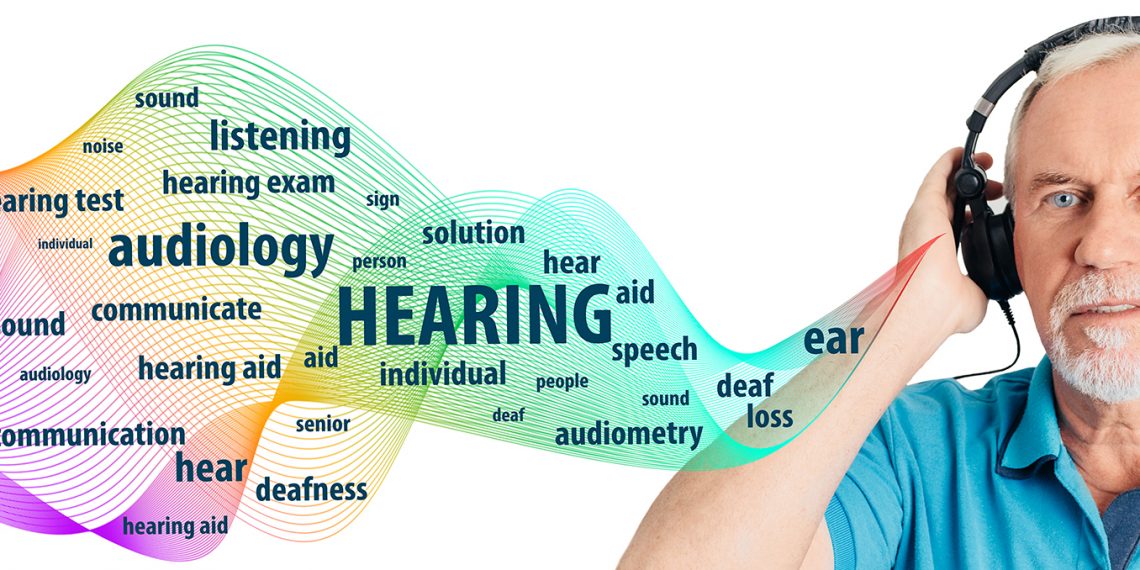When you’re scheduled for a hearing test, it’s natural to have questions about what the process entails. Let us enlighten you.
A hearing test is a systematic procedure designed to evaluate your auditory capabilities. While the specific steps might vary slightly based on the clinic or the patient’s needs, there are common elements that most people will experience.
Case History:
Your hearing test will typically begin with the collection of your case history. This is a crucial step as it provides the Hearing Healthcare Professional (HHP) with insights into your past and present hearing health.
You might be asked about:
- Previous ear infections or surgeries
- Major illnesses or medications you’re currently taking
- Family history related to hearing loss
- Exposure to loud noises, be it from work, recreational activities, or military service
- Specific situations where you face communication challenges
Physical Examination:
Before proceeding to the actual hearing tests, the HHP will conduct a physical examination. This involves using an otoscope to inspect your ears. They’ll check for any anomalies and ensure your ear canals are free from wax. If there’s a significant wax buildup, you might be advised on wax removal procedures.
The Core of the Hearing Test:

Middle Ear Function Test:
This quick test involves placing a probe at the entrance of your ear canal. You’ll feel a slight pressure change as the tympanometer gauges the mobility of your middle ear system. Note that this isn’t a hearing test per se, and you won’t need to respond.
Audiometry Assessment:
This is the primary test to evaluate your hearing. You might be asked to enter a soundproof booth. Don’t worry if you’re claustrophobic; accommodations can be made.
During this test:
- Headphones or insert earphones will be placed on your ears.
- You’ll be given a button to press whenever you hear a tone, regardless of its volume.
- Different frequencies will be tested, and each ear is assessed separately.
- A bone conductor might be used to evaluate bone conduction hearing capabilities.
Speech Testing:
During this test, you will hear words at various volumes, some easy to hear, others louder or softer. You will then be asked to repeat them. The clinician will record your responses and provide you with insights into your speaking skills.
Understanding Your Results
After the thorough hearing test, the crucial moment arrives: getting the results. Your HHP will walk you through your hearing levels and how they might be impacting your daily communication.
Depending on the outcomes, the following steps might be recommended:
- Regular check-ups if your hearing is within the normal range.
- Medical referrals if there’s a detectable issue with your ears.
- Recommendations for hearing devices if there’s a hearing loss that can’t be addressed medically.
Thus, after going through the test and discussing the results, you’ll be on your way to better hearing and a world of improved communication! It’s time to take control of your hearing health and embrace the possibilities that come with better hearing.
Remember, the goal of the hearing test is to help you, so be prepared, stay engaged, and trust the process.




